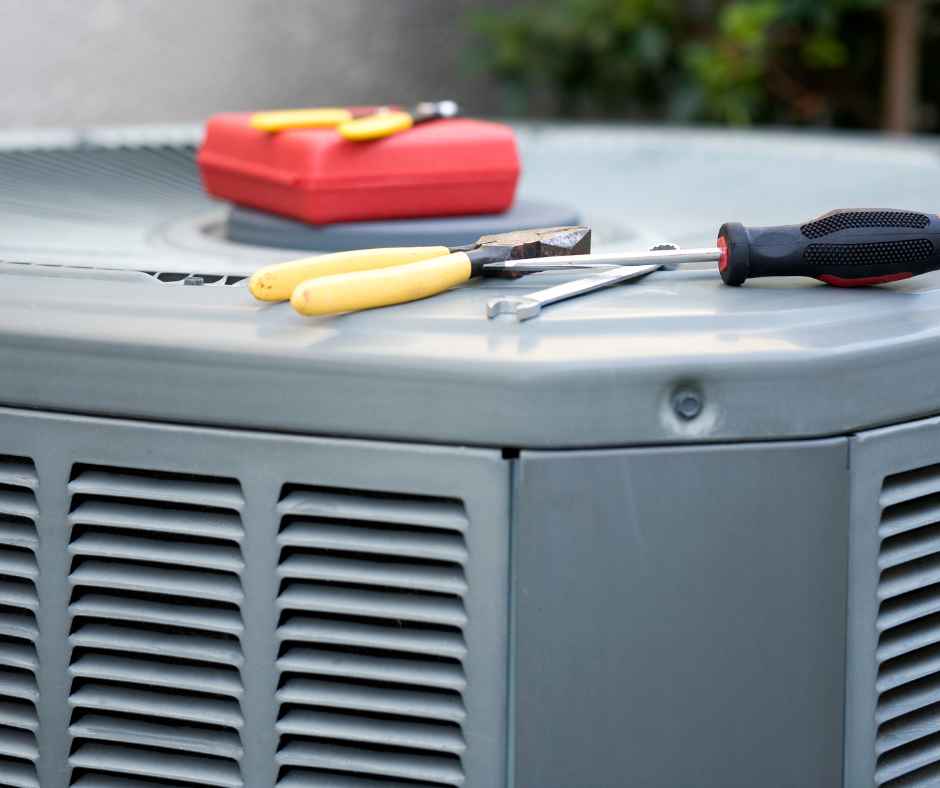520-629-9676

Why Does My Air Conditioner Smell?
Does your home smell strange every time your air conditioner kicks on? Whether it’s musty, burnt, or just plain weird, odors coming from your AC are never something to ignore. What you’re smelling could be a sign of mold growth, electrical issues, or even something hazardous, none of which belong in your indoor air. For Arizona homeowners who rely on their AC almost year-round, staying on top of these warning signs is key to keeping your home comfortable and safe.
The good news is that most AC smells are linked to specific, fixable problems. In this blog, we’ll break down what those odors mean, what’s causing them, and how to stop them. With a little help from Russett Southwest, you can breathe clean, fresh air again in no time.
What It Means When Your Air Conditioner Smells
Your air conditioner should cool your home, not fill it with strange or unpleasant smells. So when odors start wafting through the vents, it’s a sign that something inside your system isn’t working the way it should. In many cases, the smell is your first clue that moisture, dust, or even electrical components are creating issues behind the scenes.
Strange smells can be caused by a number of things, from something as simple as a dirty air filter to something as serious as a gas leak. Some odors can even indicate mold growth or pest activity, which not only impacts your AC’s performance but also affects the health of everyone in your home. And the longer you let it go, the more likely it is that you’ll face costly damage—or worse, a system shutdown.
By understanding what different AC smells mean, you’ll be better prepared to fix the problem quickly and restore comfort and safety to your space.
Common AC Smells and What Causes Them
Each type of odor coming from your air conditioner points to a different underlying issue. Some are harmless if caught early, while others can indicate serious trouble. Here are the most common AC smells and what they typically mean:
Musty or Mildew Smell
If your AC smells like a damp basement or old laundry, it’s likely due to mold or mildew growing inside your system. This often happens when the evaporator coils, drain pan, or ductwork stay damp and don’t drain properly—especially in high-humidity environments.
Burning Smell
A strong, burning or smoky odor could indicate overheating components, such as the fan motor, wiring, or other electrical parts. If this happens, turn off your system immediately. This is a potential fire hazard and should be addressed by a professional right away.
Rotten Egg Smell
This smell is often linked to natural gas leaks, especially if your HVAC system uses gas for heating. A sulfur or rotten egg odor is extremely serious—evacuate your home immediately and contact your gas provider and HVAC technician.
Chemical or Sweet Smell
A sweet, chloroform-like odor may be the result of a refrigerant leak. These leaks not only affect your AC’s performance but can be harmful to your health if inhaled over time. Refrigerant issues should always be handled by certified technicians.
Dirty Sock Smell
Yes, this is a real thing—and it’s caused by bacteria buildup on your evaporator coils. Known as “dirty sock syndrome,” it usually strikes during seasonal transitions when your AC is idle and then reactivated, allowing bacteria and moisture to linger.
Animal or Trash Smell
If your system smells like something died—or worse—it could mean a rodent or other animal has gotten into your ductwork or outdoor unit. Decomposing matter or trapped pests can create foul odors and even spread bacteria through your vents.
How to Eliminate Air Conditioner Odors
Once you’ve identified what kind of smell your air conditioner is producing, the next step is figuring out how to get rid of it. While some odors are easy to tackle on your own, others require professional attention—especially if safety or system integrity is at risk.
DIY Solutions
Try these homeowner-friendly steps to clear up minor AC odors:
- Replace the air filter if it’s dirty or clogged—this can instantly reduce musty or dusty smells.
- Flush the condensate drain line with a vinegar and water solution to prevent mold or mildew buildup.
- Clean the drain pan under the evaporator coils if it has standing water or visible gunk.
- Use a coil cleaner on the indoor evaporator coil—just be sure to follow safety guidelines or consult your manual.
- Inspect your outdoor unit for leaves, nests, or trapped animals, and clear away any debris you find.
These quick fixes can eliminate odors caused by bacteria, standing moisture, or light mold growth. Just be sure to always shut off power to your system before attempting any maintenance.
When to Call a Professional
Not all smells are DIY-friendly. Contact Russett Southwest if:
- The odor persists even after changing the filter and cleaning the system
- You suspect a refrigerant or gas leak, especially if you smell chemicals or rotten eggs
- There’s a burning smell or your system is overheating
- You see visible mold in the ducts, air handler, or around the coils
- You want a full system cleaning, especially if it’s been more than a year since your last service
A licensed HVAC technician can safely remove buildup, check for leaks, and improve your system’s indoor air quality, restoring freshness to your home.
How to Prevent Air Conditioner Smells in the Future
While some odors are inevitable over time, many can be avoided with consistent maintenance and smart system care. These simple tips can help you keep your air conditioner smelling clean and functioning at its best, especially during Arizona’s heavy cooling seasons.
- Change your air filter regularly—ideally every 1–3 months—to keep dust, bacteria, and allergens from circulating.
- Schedule professional AC maintenance each spring to catch issues before they lead to odor problems.
- Clean your drain line periodically using a vinegar flush or ask a technician to include it during routine service.
- Keep the area around your outdoor unit clear of leaves, animal nests, and other organic debris.
- Consider a whole-home air purifier or UV light system to neutralize bacteria and improve indoor air quality.
- Have your ducts inspected and cleaned if you notice persistent odors or suspect mold growth inside.
- Invest in a maintenance plan from Russett Southwest for seasonal checkups and peace of mind all year long.
These preventive steps don’t just help with smell—they also improve air quality, extend system life, and boost overall performance.
Don’t Ignore AC Odors—Call Russett Southwest
Strange smells coming from your air conditioner are more than just unpleasant—they’re often signs of mold, mechanical issues, or even safety hazards. Whether it’s a musty odor, burning scent, or something worse, these smells usually have a root cause that needs to be addressed quickly. Acting early can prevent damage, improve your indoor air quality, and help your system run more efficiently.
If your AC is producing any kind of unusual smell, don’t try to mask it with air fresheners or wait for it to go away. Let the experienced team at Russett Southwest get to the source and fix it right the first time. We’ll restore clean, fresh air to your home—and peace of mind along with it.
Contact Russett Southwest today for expert AC diagnostics, repair, and maintenance you can trust.
Recent News
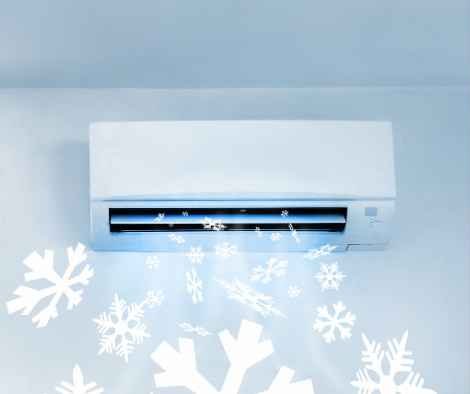
What Causes an Air Conditioner to Freeze Up?
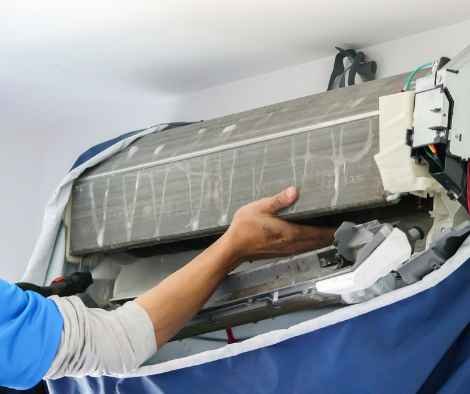
How to Clean Air Conditioner Coils
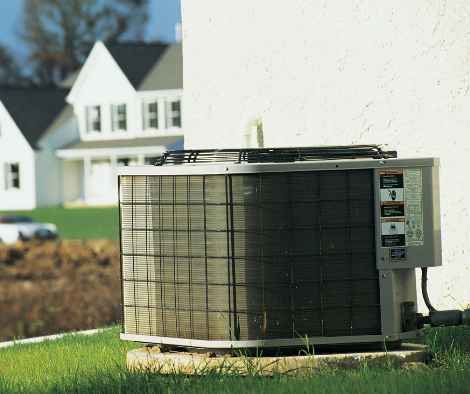
What Size Air Conditioner Do I Need?
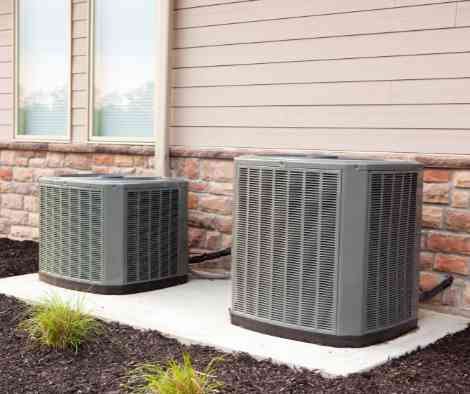
Why Is My Air Conditioner Leaking Water?
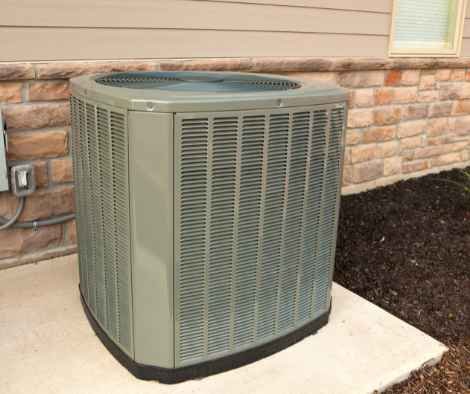
Why Is My Air Conditioner Not Blowing Cold Air?
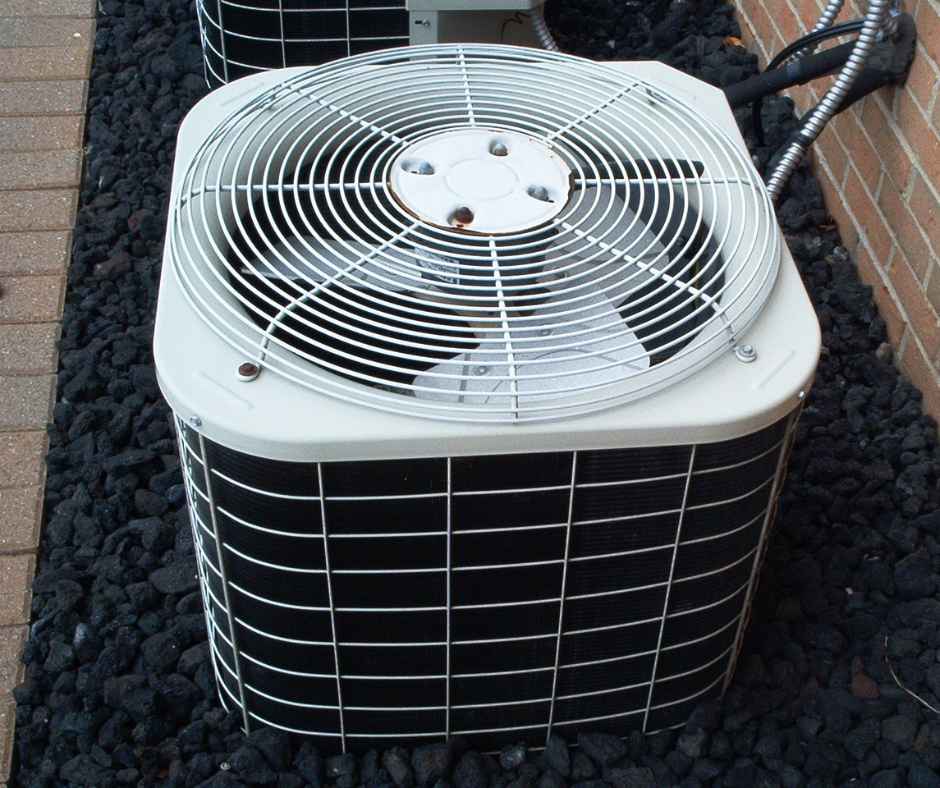
What Causes Uneven Heating and Cooling in Tucson Homes?
